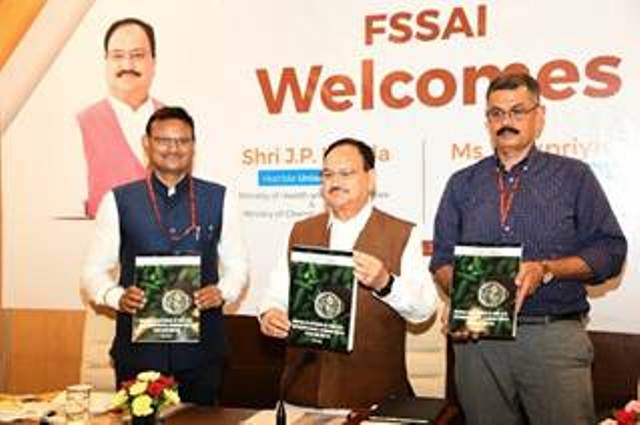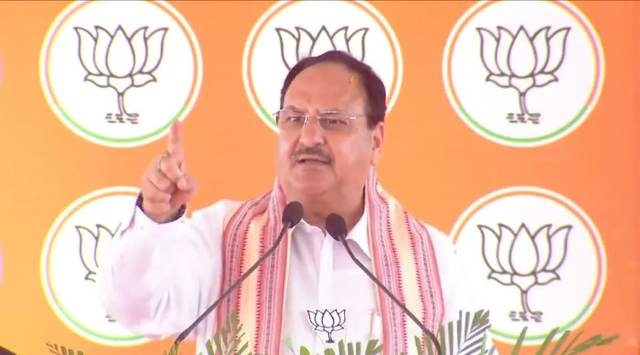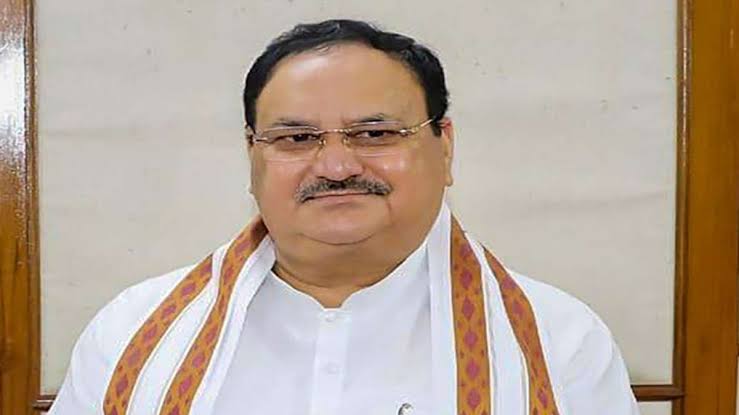New Delhi: Union Minister of Health and Family Welfare Jagat Prakash Nadda reviewed various initiatives taken up by FSSAI at its headquarters on Monday.
On this occasion, Nadda said, “It is important to empower consumers and citizens on various food safety issues through evidence-based information. It is only then that our work will be accomplished in totality”.
Underlining the critical role of food safety in the well-being of citizens, he highlighted its importance and urged FSSAI to sensitise consumers, industry and stakeholders on not only regulatory issues but behaviour change for inculcating healthy eating habits.
He pointed out that while regulatory issues are an important mandate of FSSAI, the objective of food safety can be fulfilled only with communication and sensitisation of the consumers on different aspects of food safety. “In a large country like India, different regions have varied dietary habits and preferences. Let us broaden our understanding of their behaviours. This will help us to frame our policies aligned with these diversities”, he stated.
The Union Health Minister was briefed on various initiatives taken up by FSSAI by Shri G Kamala Vardhana Rao, CEO, of FSSAI. While addressing the officials, Shri Nadda said “Since my last visit to FSSAI in 2016, I have witnessed that FSSAI has taken a huge leap in all aspects”.
He congratulated FSSAI on this all-round development and for showing remarkable advancements in strengthening the food safety ecosystem, fostering behavioural change, and sensitising all stakeholders.
Shri J P Nadda also commended FSSAI’s leadership in areas such as millets and CODEX standards. He appreciated their initiatives to train and equip street vendors, stressing that empowering consumers is crucial. “The issue of food safety is a huge responsibility of FSSAI. Let us become global leaders in this area”. He also complimented them on the wide awareness created by Millets, also known as Shree-Ann.
The Union Minister also highlighted FSSAI’s contributions to developing global standards, establishing a robust testing infrastructure, and launching initiatives like the Eat Right India campaign. He stressed the importance of addressing emerging food safety trends, promoting sustainable farming practices, and leveraging technology to enhance food safety management.







